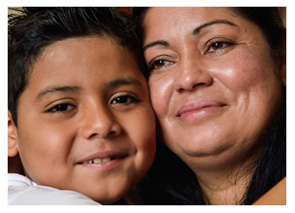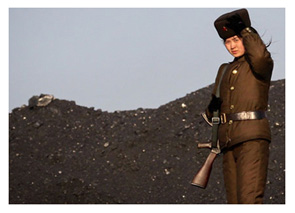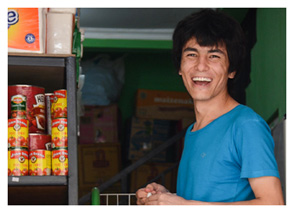
At The Jungle in Calais, France, thousands of people seeking a new life stand in rags on the threshold of Britain. Daniel is one of them.

Ifind Daniel in the Eritrean district of The Jungle, a messy shanty town of tents up the road from a beach where French families promenade with ice-creams and people in bikinis and board shorts play volleyball. They play volleyball in The Jungle too. It’s not the same.
Daniel is 25 and there’s an uncommon lack of suspicion in his face. He invites me to crouch in his tent. It must be 45 degrees in here - 50, even. I’m sweating for Australia.
The tent is overflowing with foraged shoes, old clothes, a few cans of food. Two women sit up the back, doing something inscrutable and deliberate with old plastic bags.
“It is not human being life,” Daniel says. “It is dog life or wild animal life. You see?”
I do.
Daniel’s journey so far
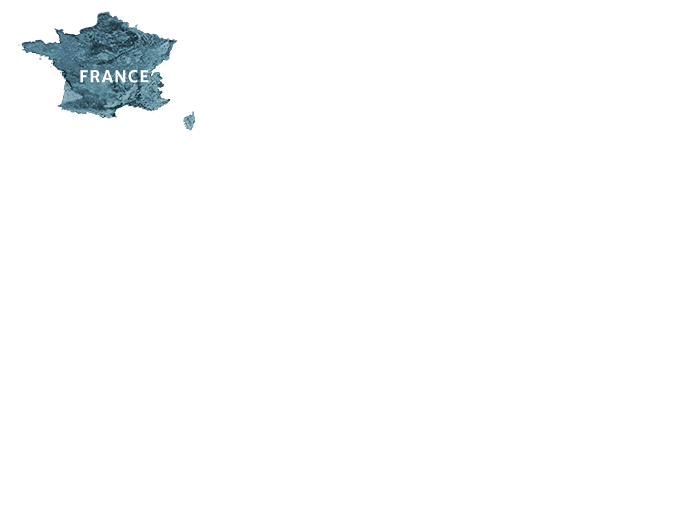
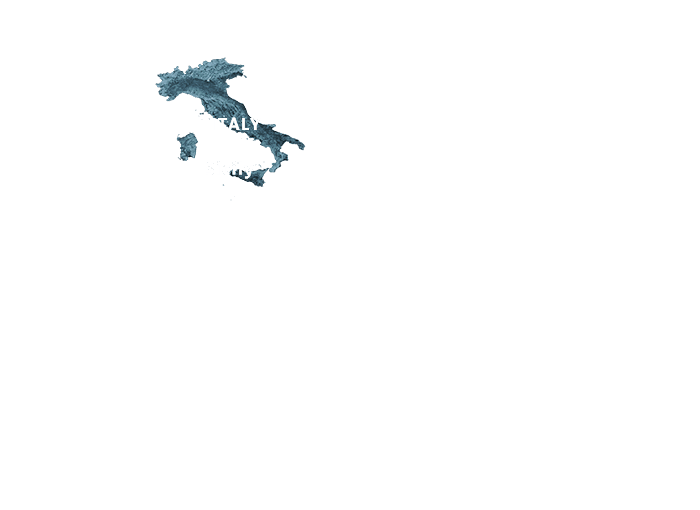
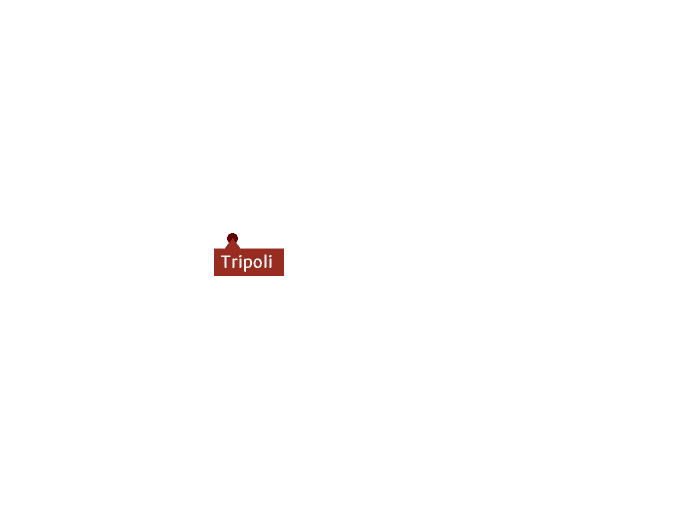
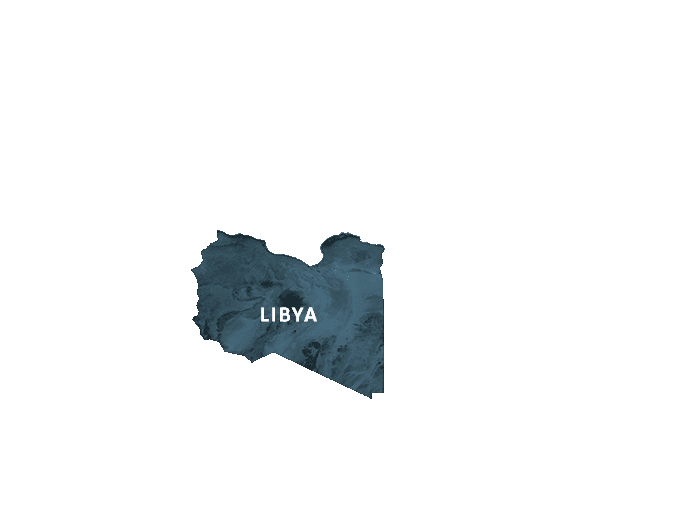
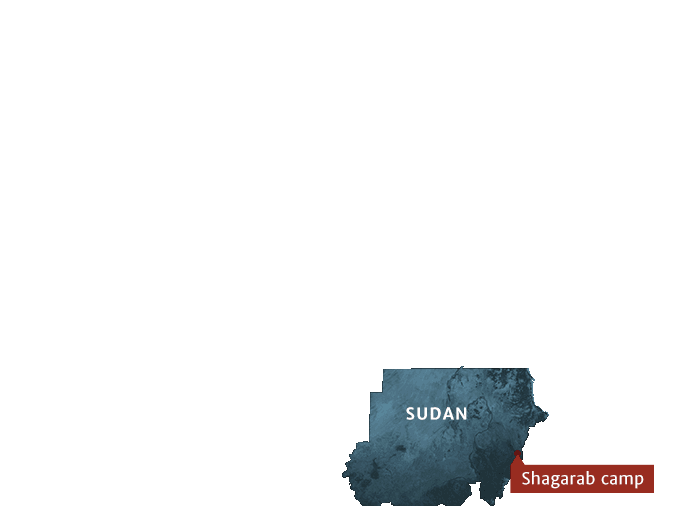


Daniel fled Eritrea in 2002 for the Shagarab camp in Sudan and on to the capital, Khartoum. After 11 years there, he paid a people smuggler to take him to Tripoli, then a war zone. Fleeing Libya by boat, he was rescued from the Mediterranean and taken to Port Augusta in Italy where he jumped a train to France and eventually made his way to Calais.
More than 3000 migrants from Afghanistan, Syria, Sudan and Eritrea live in this trash-strewn sore on Europe’s brow that has somehow developed on a sand dune on the outskirts of Calais.
Just south of here is the Field of the Cloth of Gold, where in June of 1520 the kings of England and France parlayed amid extravagant marquees of timber and canvas. They jousted beneath the green trees and tried to out-gift each other with gold-plated monkeys and red wine fountains. Half a millennium ago, civilisation did that.
In The Jungle, in 2015, you chase the charity workers to get a ticket then queue to get a bag of basic groceries, and you go back to your flimsy burrow and hope that tonight there won’t be a brawl in the dark or some angry, confused man won’t set fire to your tent.
Like most people here, Daniel doesn’t want to be photographed, let alone filmed. He says it’s because of shame at his surroundings. From his evasive answers and injured foot, I guess it’s also because he’s been trying to stow away in the lorries that rumble to the Calais ferry terminal and beyond to England.
Why to England? “I am not knowledgeable about European country. But I want to learn. In everywhere. And I want to live special life in everywhere. I am no need of every bad action. But I want to learn, I want to develop my knowledge and by so much things. My hope is that.
“But I know every Europeans, Australia, like Canada is a democratic country and you have a chance for learning.”
Usually, journalists smooth out quotes. I smoothed that out a bit. But you have to hear the earnestness in Daniel’s speech.
This is literally the only thing he owns: hope.


He has nothing from Eritrea, which he left in 2002. In May that year the government closed all Protestant churches that were not registered with the state. Since then, religious persecution has worsened.
His family landed in Shagarab, a huge camp in the east of Sudan. They graduated to the ghettos of Khartoum. For 11 years, Daniel lived there. Around them prowled people smugglers selling dreams of a better life.
“Libya, good, says so many people,” Daniel says. Finally, around 2013, he bought it. He won’t tell me how much he paid.
He spent two months in Libya: “Tripoli is very bad, there is so much people died by night, you know … Eritreans, Ethiopians, died at that time by ISIS problem.”
He crossed the Mediterranean in a tiny plastic boat crammed with 115 people for three days. He saw nothing but the sea and the people around him. He put his head down, by his knees, “afraid of so much”.
He won’t tell me in any more detail what it was like to be rescued. He has some pride. “It is difficult for me . . . The boat is not good. But it was the hands of God.”
He came to Italy. He jumped a train to France.
Now he is here. Hungry, fed once a day. It is hot, it is cold. There are not enough clothes. There is not enough anything.
Outside a truck arrives to install “street” lights. Up the track, a charity is installing showers. There are 26 Portaloos for 3000 people.
“This is the first time in our history we are working on French territory,” says Thierry Benlahsen, head of operations for Solidarite International. “We quickly realised the humanitarian situation here is similar if not worse [than] some camps in Jordan or the Sudan.”
Near the Eritrea district, in the Pakistani section, one of the migrants has set up a lean-to shop stocked with cans and fruit. Another group has built a mosque from tarpaulins and foraged wood. There is so much creativity and life-force to admire - fences, verandahs, shaving in a mirror fragment, stealing bicycles.
I shake more hands than I have in weeks. It is simpler than trying to apologise, or grimace, or back away, or ignore, or pretend, or excuse.
On the way back to London, my Eurostar is delayed by 90 minutes. I’m furious.



